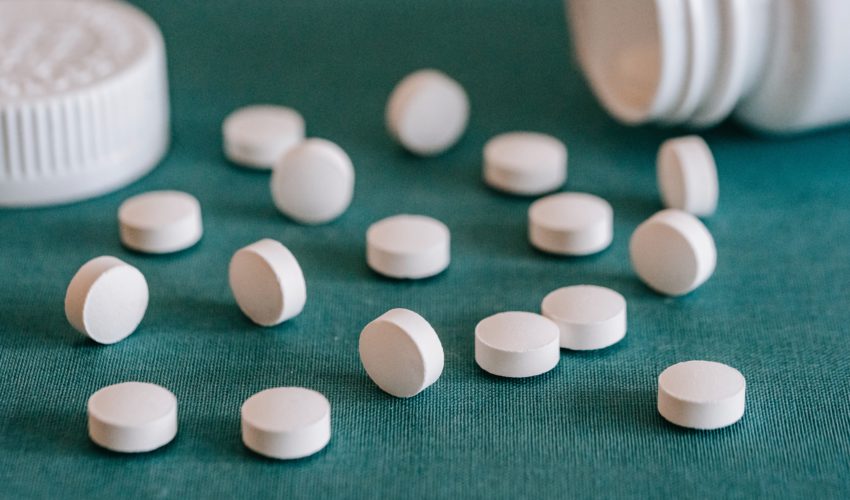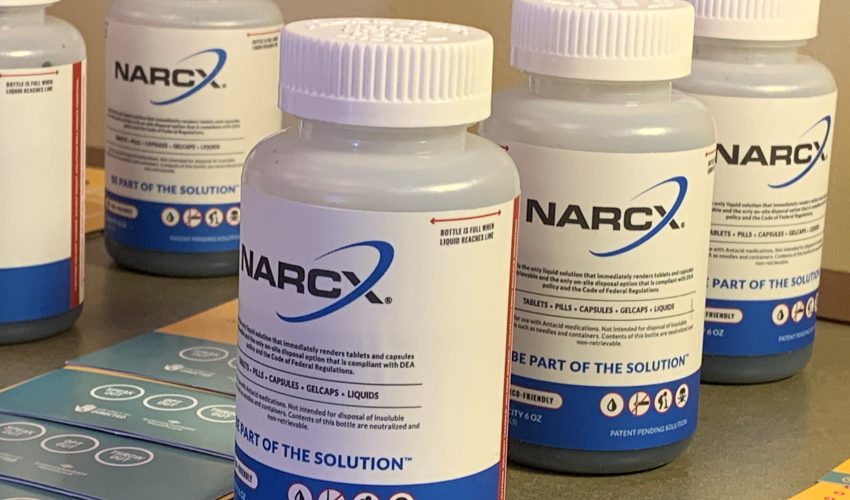FOR IMMEDIATE RELEASE
August 5, 2019
AG Reyes Joins 39 State Coalition Letter to Congressional Leadership Urging Congress to Remove Federal Barriers to Treat Opioid Use Disorder
SALT LAKE CITY – Utah Attorney General Sean D. Reyes sent a letter to Congressional leadership in both the House and Senate, asking for the removal of federal barriers that are currently preventing health care providers from offering treatment for opioid use disorder.
Opioid
use disorder is the physical and psychological reliance on opioids. Symptoms of
opioid addiction include uncontrollable cravings for the drugs and the
inability to control opioid use despite its negative impacts.
Attorney General Sean D. Reyes said it’s estimated that 2 million Americans struggle with opioid use disorder.
“States
are on the front lines and are combining all of the resources at our disposal
to stop the current crisis,” Attorney General Reyes said. “Although we have
been successful in many ways, there is more that can be done by the federal
government. By eliminating the barriers outlined in our letter, Congress can
take meaningful, productive steps that will benefit those currently struggling
with addiction before it’s too late.
“I appreciate my attorneys general colleagues who acknowledge that addiction is a brain disease, not a moral failing, and the more help we can provide for those struggling the better,” Attorney General Reyes added.
The
letter outlines three areas that need to be addressed:
- Replace
the cumbersome, out-of-date, privacy rules contained in 42 CFR Part 2 with the
effective and more familiar privacy rules contained in the Health Insurance
Portability and Accountability Act (HIPAA);
- Pass
HR 2482, the Mainstreaming Addiction Treatment Act, which would eliminate
unnecessary burdens on buprenorphine prescribing imposed by the Drug Addiction
Treatment Act of 2000. Buprenorphine is one of three drugs used as part of
Medication Assisted Treatment, the most effective treatment for opioid use
disorder. Outdated and unnecessary federal requirements are discouraging
doctors from prescribing this life-saving drug to patients who need it;
and
- Fully
repeal the Medicaid Institutions for Mental Diseases (IMD) exclusion. The IMD
exclusion generally prohibits state Medicaid programs from receiving federal
reimbursement for adults between 21 and 65 receiving mental health or substance
use disorder treatment in a residential treatment facility with more than 16
beds.
“The opioid epidemic is tearing families apart all over our state and nation,” Attorney General Reyes said. “Opioid addiction, like all chronic illnesses, requires treatment for people to get healthy. We must remove all unnecessary barriers between people with opioid use disorder and the treatment they need. I urge Congress to take these needed steps.”
Utah is
joined on the letter by attorneys general from Oklahoma,
North Carolina, (the leaders of the letter); California, Colorado,
Connecticut, Delaware, the District of Columbia, Florida, Hawaii, Idaho,
Illinois, Iowa, Louisiana, Maine, Massachusetts, Michigan, Minnesota,
Mississippi, Montana, Nebraska, Nevada, New Hampshire, New York, North Dakota,
Ohio, Oregon, Pennsylvania, Rhode Island, South Dakoda, Tennessee, Utah,
Vermont, Washington, West Virginia and Wisconsin.
Read the letter here.
###






